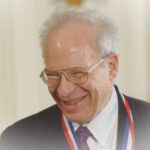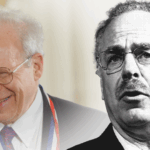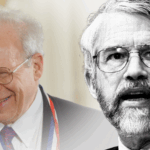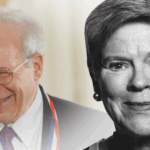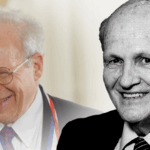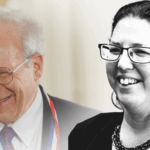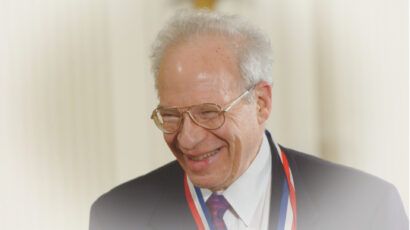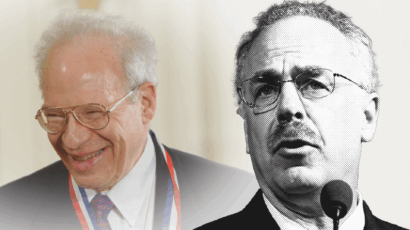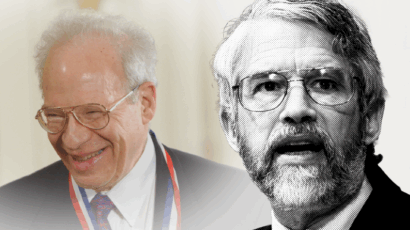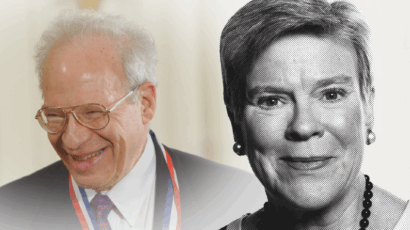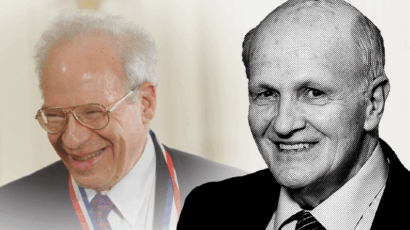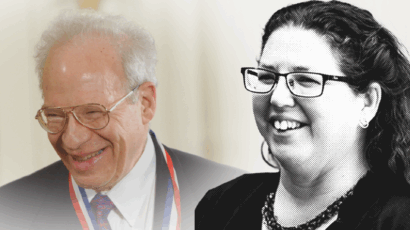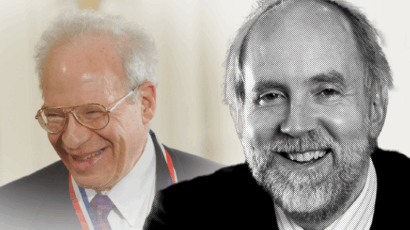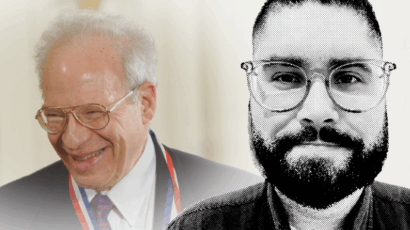No justice is possible without studying the injustices of nuclear weapons
By Mari Faines | February 2, 2023
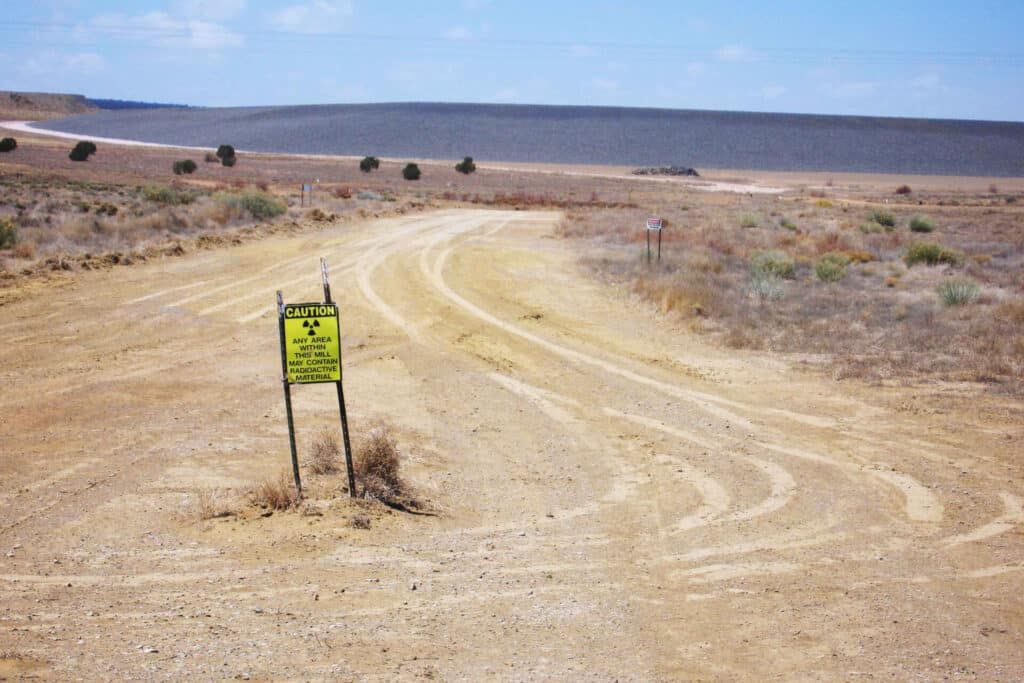 A uranium mining area in New Mexico. Gravel in the background covers mine tailings. (Credit: Netherzone via Wikimedia Commons. CC BY-SA 4.0)
A uranium mining area in New Mexico. Gravel in the background covers mine tailings. (Credit: Netherzone via Wikimedia Commons. CC BY-SA 4.0)
Editor’s note: This commentary is part of a roundtable on nuclear injustice.
It is long past time that nuclear security scholars engage an injustice framework to better understand the full extent of the impacts of the global nuclear complex.
There is no question the nuclear status quo upheld since 1945 is rooted in colonial systems of power and White supremacy that started centuries ago. But nuclear security scholarship that explicitly makes this connection and examines the harm resulting from this socio-political, cultural, economic, and ecological history is still incredibly limited.
This is exactly where Frankiska Stärk and Ulrich Kühn’s proposed outline of a “nuclear injustice” research framework can propel the security community into a multitude of new methods of understanding. Such a framework is important because of its potential to create connections with other scholarly fields and social movements.
For example, in transitional justice—a subfield of a multitude of disciplines that examines how societies respond to the legacies of massive and serious human rights abuses—there are ongoing conversations about the importance of utilizing intersectional frameworks to incorporate the histories of victims and perpetrators as it pertains to their role in a conflict. (In sociology, intersectionality refers to the interconnectedness of social categories including but not limited to race, gender, and socio-economic class. These simultaneous and intertwined social identities can create inequities for an individual or group of individuals, not faced by other majority groups. For example, a working-class woman of color can simultaneously face economic, gender, and racial discrimination.) In turn, this helps build a more holistic definition of “justice” from both a legal and socio-cultural perspective, which can lead to a fuller understanding of what remediation could look like.
If such a framework were to be applied in a nuclear policy context, one would not solely study the immediate effects of nuclear weapons. For example, when studying the legacy of nuclear testing on the Marshall islands, one would not limit their study to those still living on the islands. Rather, an intersectional and intergenerational approach to this issue would mean working with individuals across the diaspora and incorporating their perspectives on the challenges posed by their new socio-cultural environments.
In the wake of the Black Lives Matter movement in the United States, there are instances where more equitable policies were enacted based on justice frameworks. For example, increased research on the intersections between policing and militarism led to policies across the country that divested from traditional forms of militarized police and reinvested instead in community care. These policies were executed in part thanks to the synergies created by these research approaches and social movements. Nuclear injustice could have similar positive impacts on communities globally, creating greater safety and security—but only if nuclear policy scholars make a greater commitment to advance this framework.
A serious scholarly examination of nuclear weapons policy should also specifically address the effects of colonialism, White supremacy, and racial justice.
Many Black, indigenous, and communities of color have been unfairly and disproportionately impacted by the global nuclear order. This includes—but is not limited to—uranium mining, the impacts of proxy wars, and the impact of policies and racialized language that uphold the global nuclear order.
Research on these topics and incorporating these viewpoints can provide a direct and credible counterargument to the nuclear status quo. Moreover, by reframing nuclear history in a way that is more inclusive, young people who are determined to tackle existential threats will better understand how they bear the brunt of this uncertain future. They have already made it clear that they see the interconnectedness of systems of injustice and inequality in issues such as climate change, racism, and militarism. Nuclear security scholars have a responsibility to build on this foundation.
If a research framework on nuclear injustice is to be effective, however, it will need to pay attention to who is included in such studies. Marginalized voices must be included if a framing is to be just and equitable.
The global nuclear order is based on an inherently unjust and inequitable system. But this does not mean that it must continue this way forever. Virtually everyone on Earth could be potentially impacted by the use of nuclear weapons, so everyone should be concerned about the nuclear threat. Scholars must therefore enact forward-thinking policies that address current injustices, and they must continue to work toward the abolition of these weapons and a more equitable world beyond the bomb.
Together, we make the world safer.
The Bulletin elevates expert voices above the noise. But as an independent nonprofit organization, our operations depend on the support of readers like you. Help us continue to deliver quality journalism that holds leaders accountable. Your support of our work at any level is important. In return, we promise our coverage will be understandable, influential, vigilant, solution-oriented, and fair-minded. Together we can make a difference.


